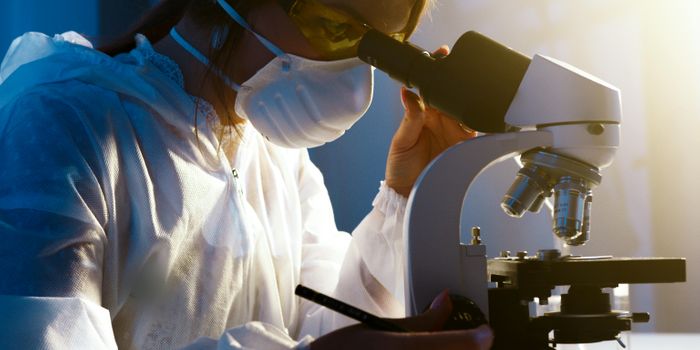Researchers report in a study published in the journal Stem Cell Reports, that nicotine exerted adverse effects on human embryonic development at the cellular lever. Using single-cell RNA sequencing of human embryonic stem cell (hESC)-derived embryoid bodies, results revealed that 3 weeks of nicotine exposure disrupted cell-to-cell communication, increased cell mortality, and altered the expression of genes that regulate critical functions needed for heart muscle-cell contractions.
This image illustrates how researchers studied the adverse effects of nicotine exposure on various cell lineages derived from human embryonic stem cells using single-cell RNA sequencing (scRNA-seq).
Credit: Hongchao Guo via ScienceDaily
"These results are especially important in that they provide a scientific basis for educating the public, especially young women, to keep away from smoking when they are pregnant or considering having a family," says senior author Joseph C. Wu (@StanfordCVI) of the Stanford University School of Medicine. "Nicotine found in products such as tobacco, e-cigarettes, and nicotine gums may have wide-ranging, harmful effects on different organs of a developing embryo during pregnancy."
Learn more about the risks of maternal smoking during pregnancy:
Nicotine exposure was also found to decrease the size of the embryoid bodies and result in their aberrance, increase the concentration of damaging molecules such as reactive oxygen species. Additionally, exposure affected cell cycling in a broad range of progenitor cells differentiated from hESCs resulting in dysregulation of cell-to-cell communication as well as other adversities that have not been well studied.
"This is important because we know that smoking and nicotine have been shown to increase the pathological risk in endocrine, reproductive, respiratory, cardiovascular, and neurologic systems that rely on intricate and dynamic interactions amongst multiple cell types for homeostasis and function," Wu says.
The study brings new knowledge on the understanding of nicotine within the developing fetus that can be used to optimize drug screening.
"A major implication of our study is that we now have validated a new method for evaluating the effect of drugs and environmental toxicity on human embryonic development," Wu says. "But one major limitation is that we are not able to recapitulate the whole-body physiology of a pregnant woman using differentiation of hESCs into embryoid bodies. For example, the influence of exercise, stress, food, or hormonal changes are not captured in this model."
Source: Science Daily









